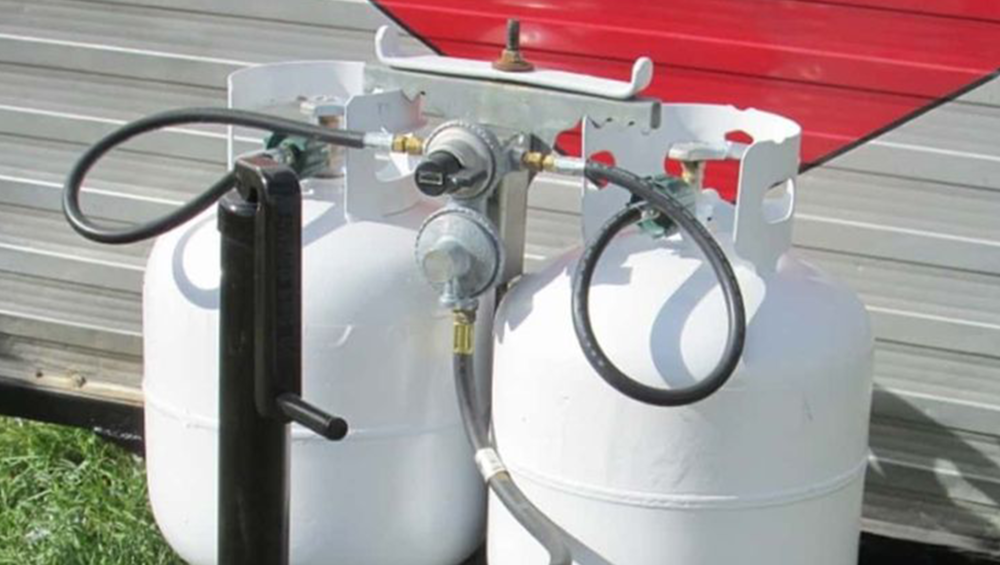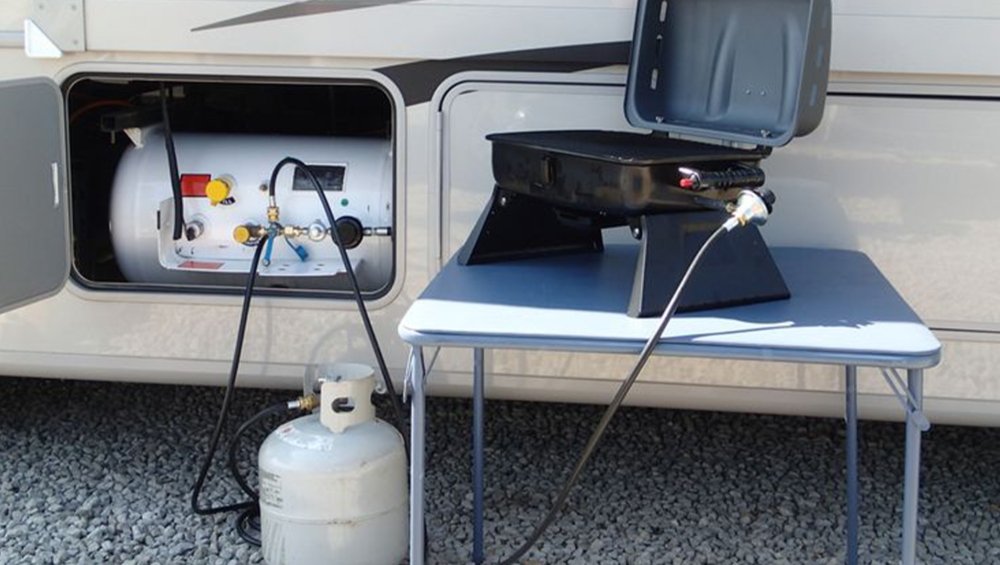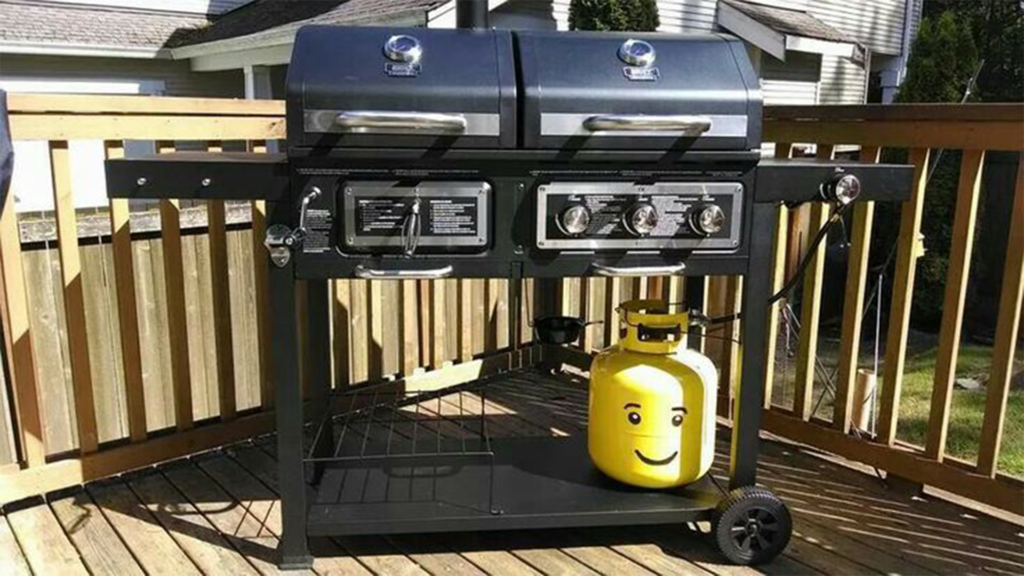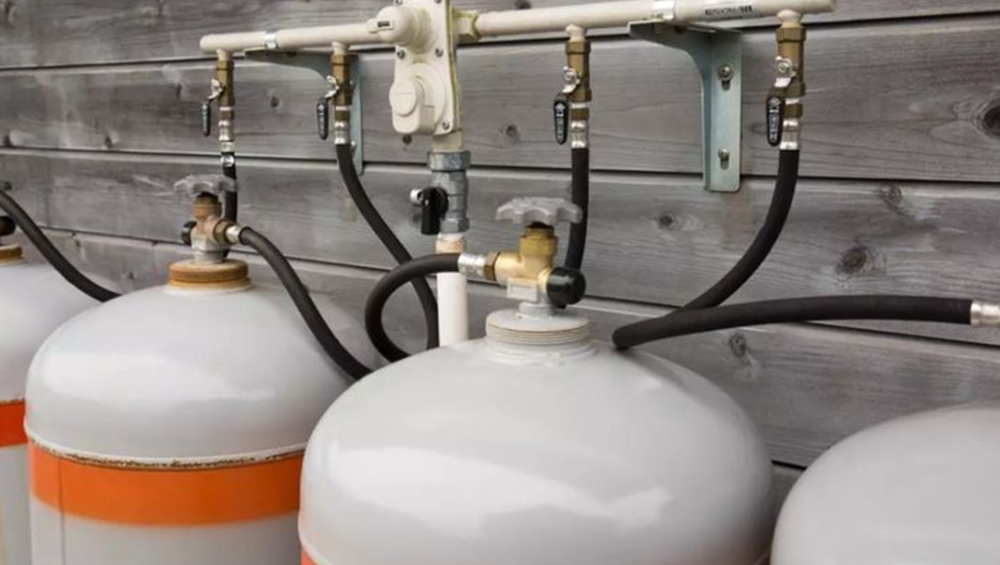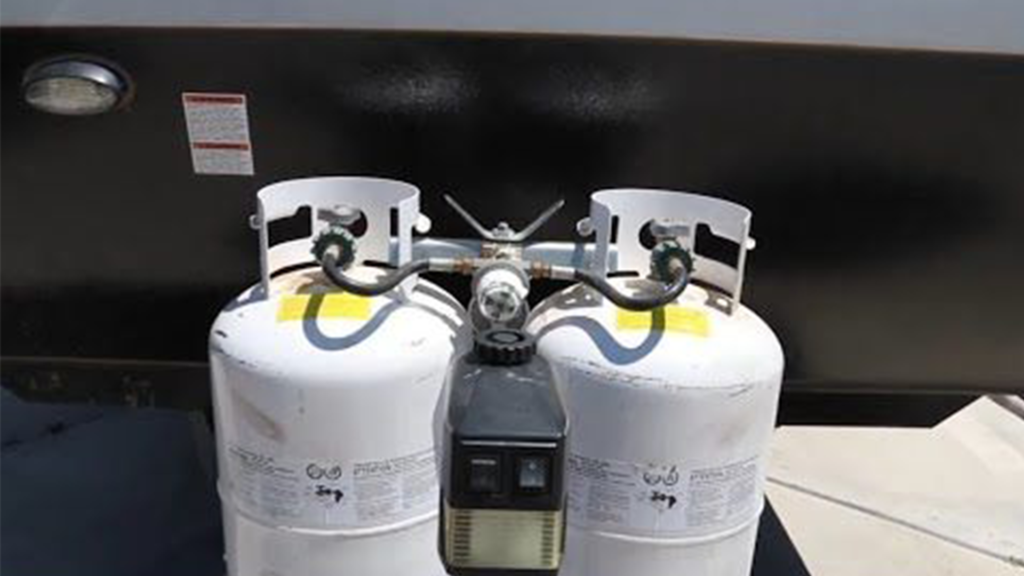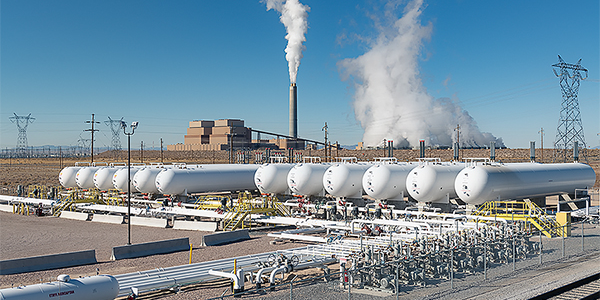In the fast-paced world of restaurant operations, you need to be quick and efficient with your tasks to run a successful business. One of the critical components in achieving these goals is the fuel you choose to work with. For many restaurants, propane is the preferred option, as it has several advantages over other fuels. From cooking to heating, propane plays a crucial role in ensuring smooth and effective kitchen operations. Let’s see how propane benefits your restaurant kitchen and why it should be a top choice for your business. 
-
Cost-Effectiveness:
Propane is often a more affordable option compared to electricity and oil. Propane has competitive prices, especially when sourced from reliable propane suppliers. This helps restaurants manage their operating costs more effectively. For those searching for the cheapest LPG gas near me, propane is a viable solution. Additionally, as a restaurant, you could buy in bulk or invest in larger propane tanks, which would help you save even more!
-
Efficient Cooking:
Propane delivers consistent heat, which is essential for preparing quality dishes. Electric stoves can take time to heat up and cool down. Propane burners provide immediate and controllable heat. This is more effective in busy kitchens where timing and consistency are very important to gain five star reviews.
-
Versatility:
Propane’s versatility is one of the reasons why people prefer it over traditional methods. It can be used for various kitchen appliances. Ovens, fryers, dishwashers, and other appliances can work on propane. This flexibility makes propane a practical choice for different cooking needs and helps make kitchen operations smoother. With options like small propane tanks for portable appliances or a 100 lb propane tank for medium-sized operations, restaurants can customize their propane use according to their specific needs.
-
Reliable and Consistent Supply:
A consistent supply of propane is important for uninterrupted kitchen operations. Commercial propane delivery services ensure that your tank is regularly refilled. This reduces any disruptions during cooking times. If you’re searching for propane delivery near me or propane tank delivery service near me, there are various reliable options available.
-
Safety and Clean Burning:
If you want to contribute to keeping the earth cleaner, you should choose propane. Propane is a clean-burning fuel that produces fewer emissions compared to other fossil fuels. This characteristic not only benefits the environment but also contributes to a cleaner kitchen environment. With proper ventilation and regular maintenance, propane appliances can operate safely and efficiently.
-
Energy Independence:
Propane provides restaurants with energy independence. IT reduces reliance on the local power grid. This is particularly advantageous during power outages or in areas with unstable electricity supply.
-
Cost-Effective Equipment:
Investing in propane equipment can be more cost-effective in the long run. Many restaurant appliances are designed specifically for propane use, offering improved performance and durability. Whether you’re purchasing a new propane gas stove or seeking propane tanks for sale, you’ll find that propane appliances often offer better value and longer service life compared to their electric counterparts.
-
Enhanced Customer Experience:
Ultimately, the efficiency and reliability of propane contribute to an enhanced customer experience. Consistent cooking results, quick preparation times, and a clean kitchen environment all play a role in delivering high-quality meals to your customers. By investing in propane and reliable delivery services, you can ensure that your restaurant operates smoothly and provides exceptional service.
Conclusion:
In conclusion, propane offers numerous benefits for restaurant kitchens. By choosing propane, restaurants can enhance their operational efficiency, reduce costs, and provide a better experience for their customers.

